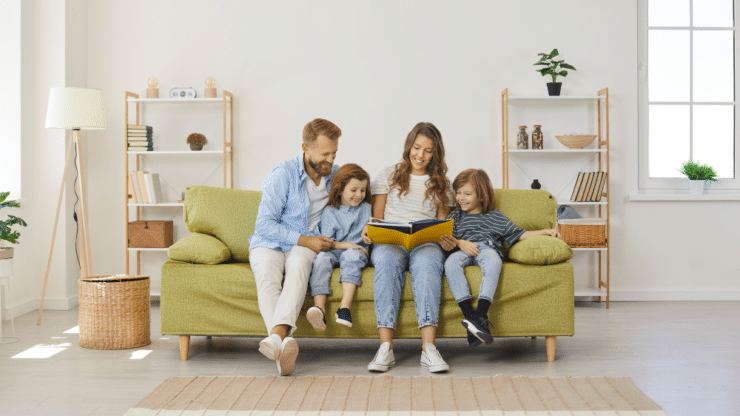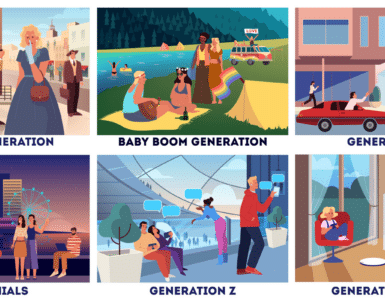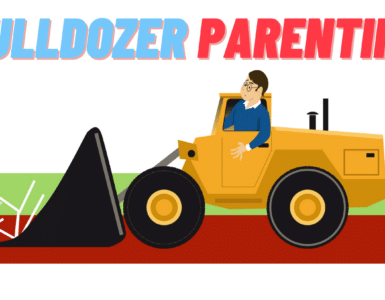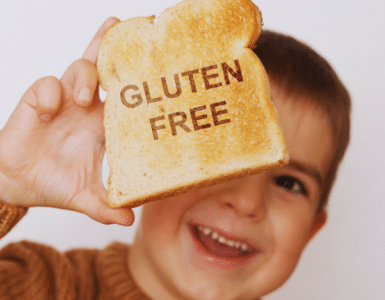The term “minimalism” has been around since the 1960s, but the concept of minimalism, especially in art, has existed since the 1900s. Since then, it has had waves of popularity in mainstream culture, but it has existed in some form for over a hundred years.
This modern wave of Western minimalism began in the 2010s after a decade of decadence in the early 00s. Back then, reality shows, and celebrities were all about flaunting their wealth and buying as much stuff as possible.
Many people saw the emptiness of having too much stuff and opted for simplifying their life. More blogs, YouTube videos, and social media posts promoted simple, minimalist living.
The Netflix series, Tidying Up With Marie Kondo in 2019 boosted the popularity of minimalism in mainstream culture, but it was growing in popularity everywhere, with people looking towards Japanese and Scandinavian design for minimalist inspiration.
There are so many benefits to decluttering your life and embracing a minimalist lifestyle. You don’t need to get rid of 90% of your stuff to be a minimalist. It’s not about your stuff. It’s more about your mindset.
The core point of minimalism is about being thoughtful and mindful of the things you have and why you have them.
Social media minimalism focuses a lot on aesthetics, and yes, a minimalist home can look beautiful, but adopting a minimalist lifestyle can also be life-changing for you and your family.
It Makes You More Mindful
Being mindful means being present and aware of your thoughts, feelings, impulses, and intentions. It’s important to be mindful because it helps you make better decisions that will make you happier. It will also make you a more pleasant person to be around.
It will also help you improve all aspects of your life because you will have enough self-awareness to embrace good habits and better see what habits are not serving.
If your entire family begins practicing minimalism, they will naturally improve themselves and how they behave with others. This leads to better closeness as a family and more harmonious interactions with each other.
It’s Calming and Destressing
If you’re in a dirty room full of clutter, you will typically feel claustrophobic, stressed, and even anxious. That’s because, due to all the stuff around you, the physical space you have within a room is considerably smaller.
But behind just the obvious spatial issues of clutter, it can be stress-inducing because you’re either worried about how you’re going to clean the mess, you feel bad that you haven’t gotten around to cleaning yet, or you’re so distracted by the clutter that you can’t even focus on what it is you need to be doing right now.
ALSO: Keeping Tidy in the Chaos — Can Minimalism and Parenting Mix?
Once you clear all that stuff out of your life, you will have room to breathe and be present and enjoy where you are in life. A clean, tidy, minimalist room is calming because you have more space and there aren’t any distractions. You can focus on the things that matter to you.
It’s Easier to Clean
More stuff means more things to clean up. If you have a lot of stuff, your house will get messy a lot faster. It takes longer to tidy up a room with a bunch of random toys, clothes, stationery, and random knickknacks everywhere. An untidy minimalist room is still very manageable and even an ok mess that will not stress you out since it will not take more than a couple of minutes to tidy up.
You Will Save a Lot of Money
Many times, when we buy things, we buy them out of impulse rather than necessity. It’s fine to buy stuff, but not if you’ll never use it or will end up throwing it away in a few months.
Once you embrace minimalism, you will pay more attention to what’s around you. Once you’ve spent hours or even days decluttering your entire house, you’re more likely to think twice about buying something new unless you need it.
This will save you so much money and has the added benefit of the things you have lasting longer since you will most likely buy better quality items instead of things that will fall apart after a week.
Kids Are More Focused and Play with Toys For a Lot Longer
In a study conducted by researchers at the University of Toledo, 36 toddlers between the ages of 18 to 30 months old were separated into two rooms. One room had four toys, and the other had 16 toys.
Dr. Alexia Metz, one of the researchers and UT associate professor of occupational therapy, concluded, “When toddlers had exposure to fewer toys, they played twice as long with the toys they had and in more sophisticated ways.”
ALSO: Normalize Clutter and Reject Instagram’s Fantasy World
This is just one of many studies proving that too many toys can take away from a child’s ability to focus. They get overstimulated and are so distracted by all the toys that they can’t focus on one toy.
By having fewer toys, children will have better focus, will play with their toys for a lot longer, and will have a better appreciation for their toys. They will also use their toys in more imaginative and intelligent ways.
Your Family Will Value Experiences Rather Than Stuff
Being a minimalist will make your family less materialistic. Instead of focusing on all the things you want to buy, you’ll be focusing on the special moments you have in life. You will value your time together. You will enjoy the little things in life, like cooking pancakes as a family or going to the park, instead of accumulating more stuff.
It Can Improve Your Family’s Mental Health
Studies show that being too materialistic increases your chances of being depressed and unsatisfied. This is because materialistic people rely too much on buying stuff to make them happy when having stuff is not going to make you happy and will just leave you feeling emptier.
A minimalist home is more calming and reduces stress and anxiety. In a YouTube video by A to Zen Life, a minimalist mom shared the benefits of adopting a minimalist lifestyle. One of the benefits was that her son stopped grinding his teeth at night because his minimalist room was more relaxing.
When a person is a minimalist, they are focusing on the things that truly matter to them rather than being distracted by stuff. This leads to a person feeling happier and more satisfied with their life.
Your Kids Will Grow Up & Share These Values with Others
By the age of 9, kids have developed habits that they will have for the rest of their lives unless they actively try to change those habits. By teaching your kids how to be present and deliberate with their thoughts and actions and to only buy things that they need or that truly matter to them, they will continue those good habits when they become adults.
When it’s time for your kids to have relationships and a family of their own, they will share those values with their future loved ones.
What do you think about a minimalist lifestyle? Would you like to try it? Are you already a minimalist? Let us know in the comments below!










Add comment